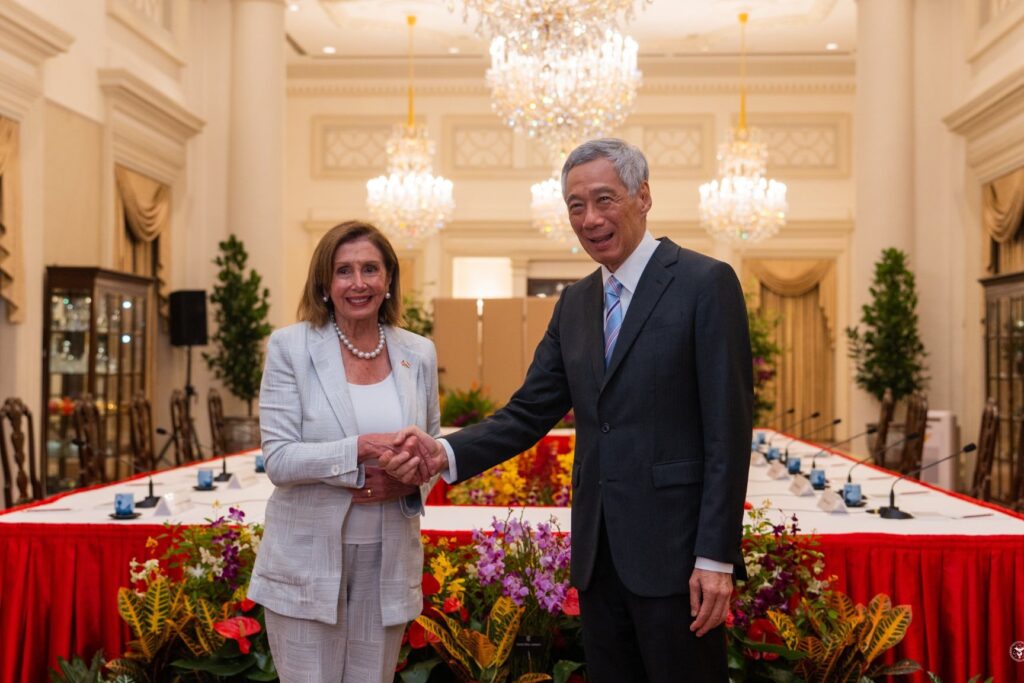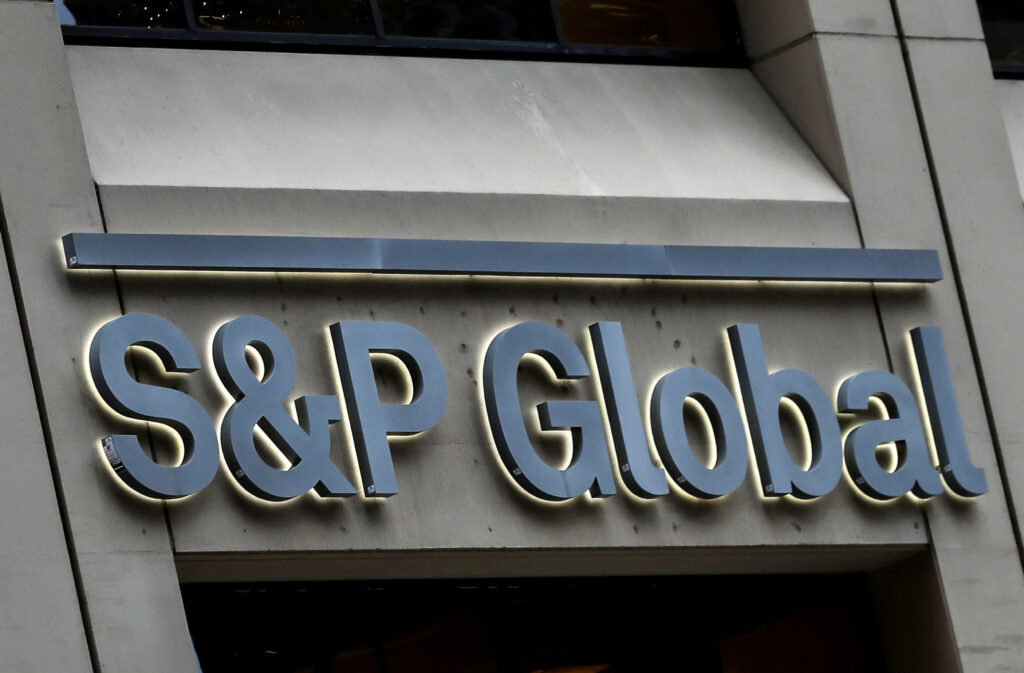DEI aims to enhance innovation and employee satisfaction for a more resilient organisational culture.
Contact us to speak to your organisation

Goals of DEI
1.
Enhanced Business Performance
DEI seeks to stimulate diverse thought, creating a dynamic workplace. Varied perspectives lead to innovative solutions, increased adaptability, and a competitive edge. However, companies that do not adhere to values espoused by rating agencies may experience diminished investor interest and suffer from poorer investablility.
2.
Workforce Innovation
Inclusive cultures can inspire collaboration and creativity. A mix of backgrounds and experiences fosters an environment where employees feel comfortable contributing innovative ideas, potentially driving the development of groundbreaking solutions. This is contingent on employees feeling psychological safety during constructive disagreement instead of feeling stifled by pressure to adhere to homogenous values.
3.
Access to Larger Talent Pool & Markets
DEI initiatives target a broad spectrum of talent, leveraging a diverse skill set and global perspectives. This aspires to enrich the internal workforce but also enhances the organisation’s ability to connect with diverse consumer markets. However, if companies have contradictory DEI policies that marginalise the people that DEI is supposed to support, employer branding might suffer.
4.
Higher Employee Retention
Inclusive workplaces prioritise employee well-being, promising a sense of belonging and personal development. By ensuring fair treatment and equal opportunities, organisations can reduce turnover rates and retain valuable talent. Conversely, companies that show favourtism to specific groups will fall out of favour with others, and possibly create reverse discrimination.
5.
Stronger Brand Reputation
A commitment to DEI is a bold statement that appeals to some consumers and potential employees. Companies with strong DEI practices tend to be viewed as socially responsible and ethical, contributing to a positive brand reputation. However, companies with misplaced diversity policies could harm service quality and be counterproductive to fairness.
6.
Contribution to Societal Improvement
DEI initiatives extend beyond workplace boundaries, shifting societal norms. By challenging systemic barriers, promoting fairness, and embracing diversity, organisations play a role in shaping society according to their vision where everyone has the opportunity to thrive. However, if not done with cultural sensitivity, DEI may impose foreign values against local culture.
7.
Countering Institutional Exclusion
DEI raises awareness of biases and systemic barriers, nudging cultural reform. These efforts challenge traditional norms, encouraging an environment where progressivism is celebrated. By dismantling barriers to entry and advancement, organisations create a culture where everyone feels valued.






